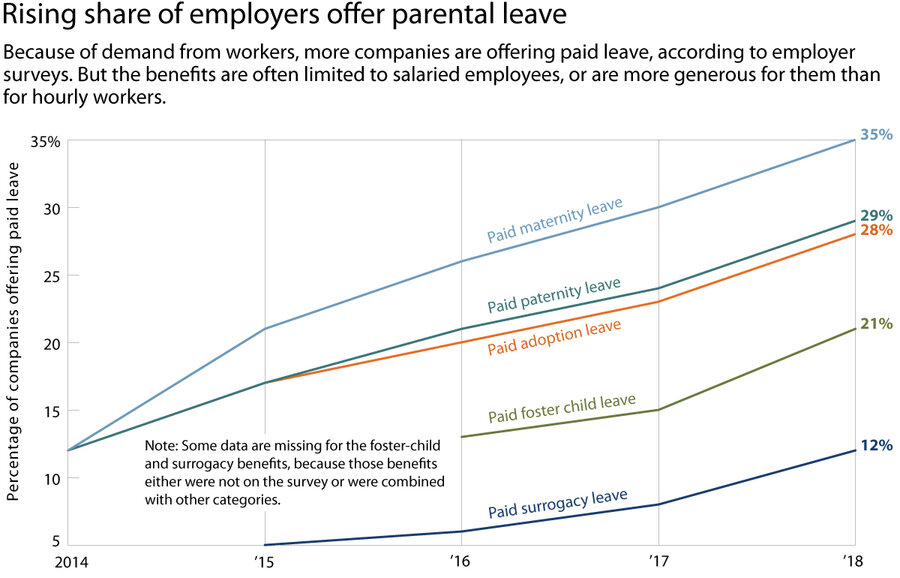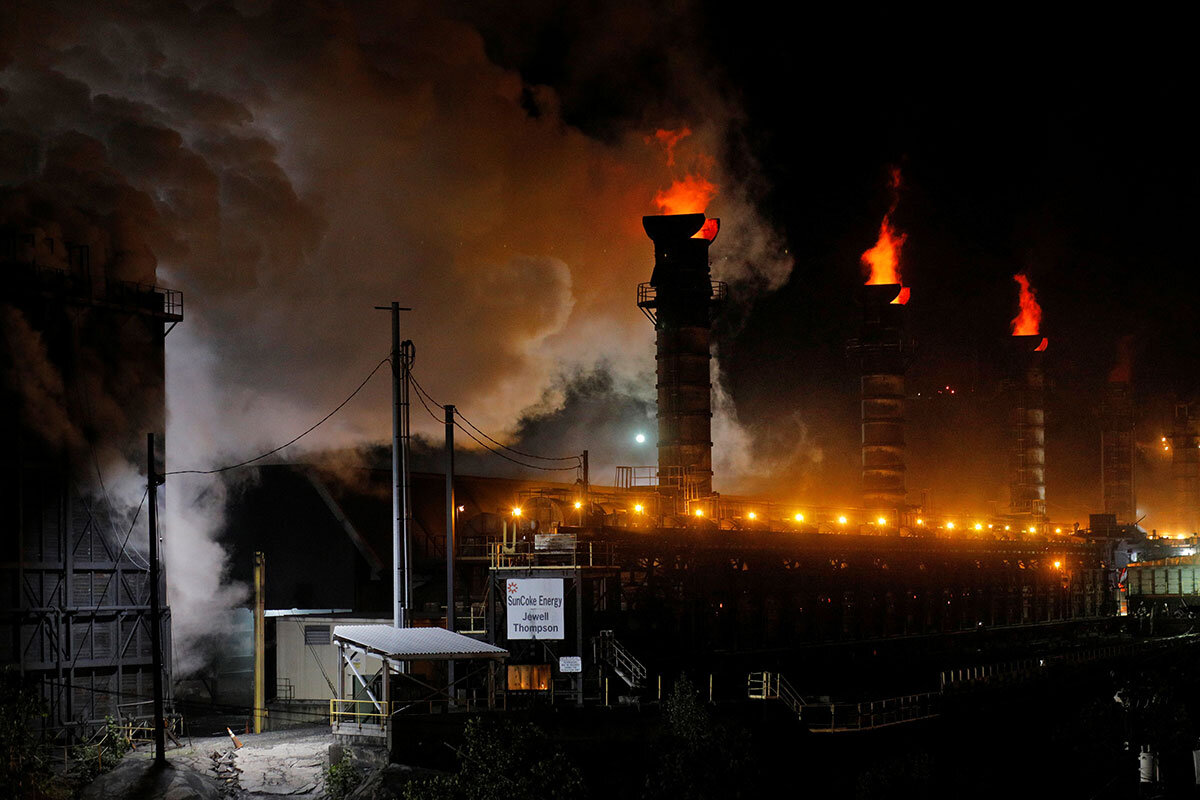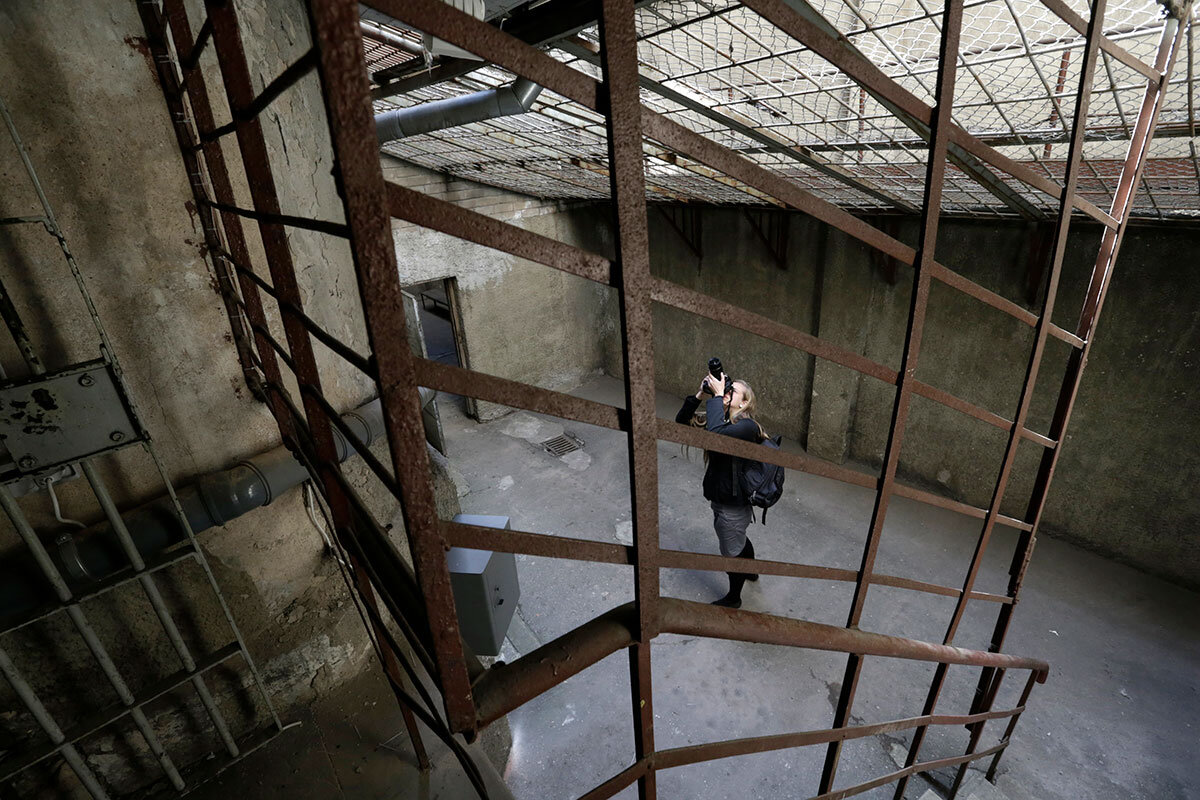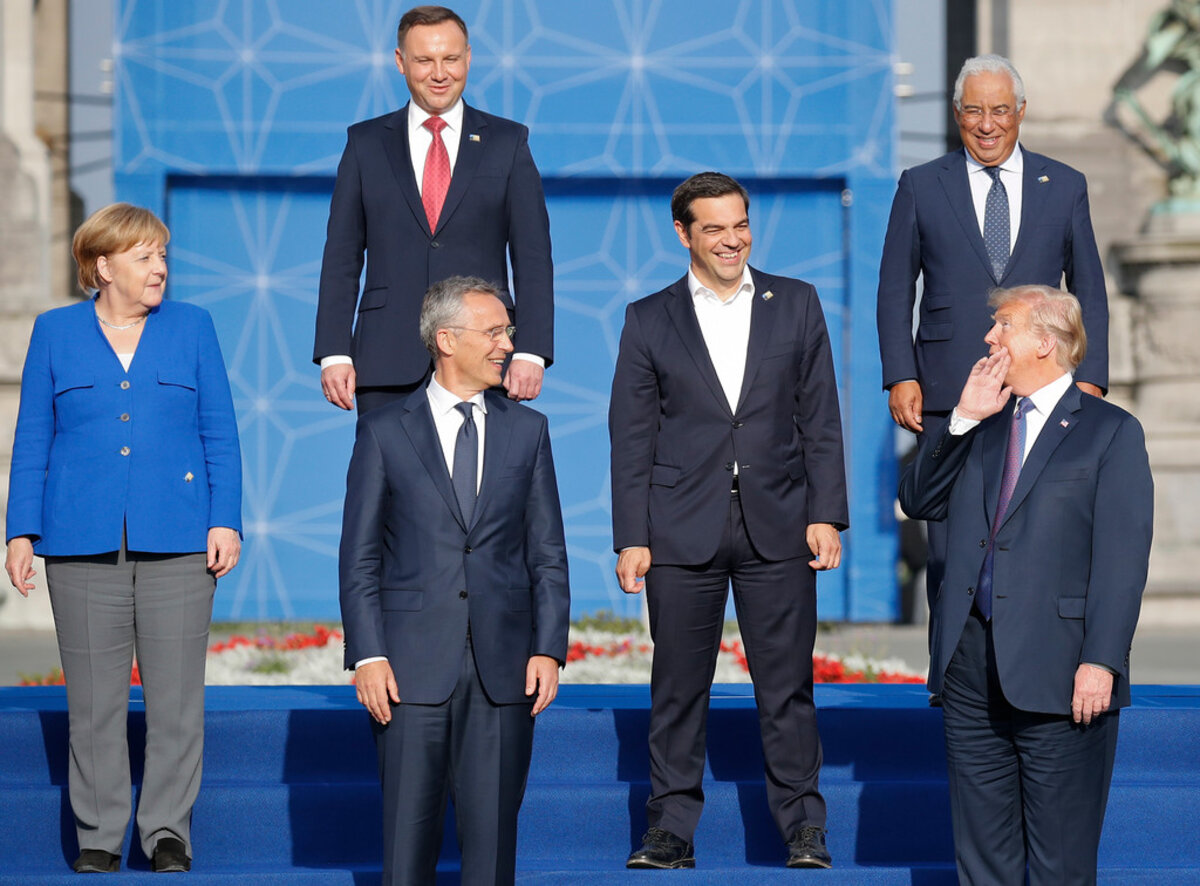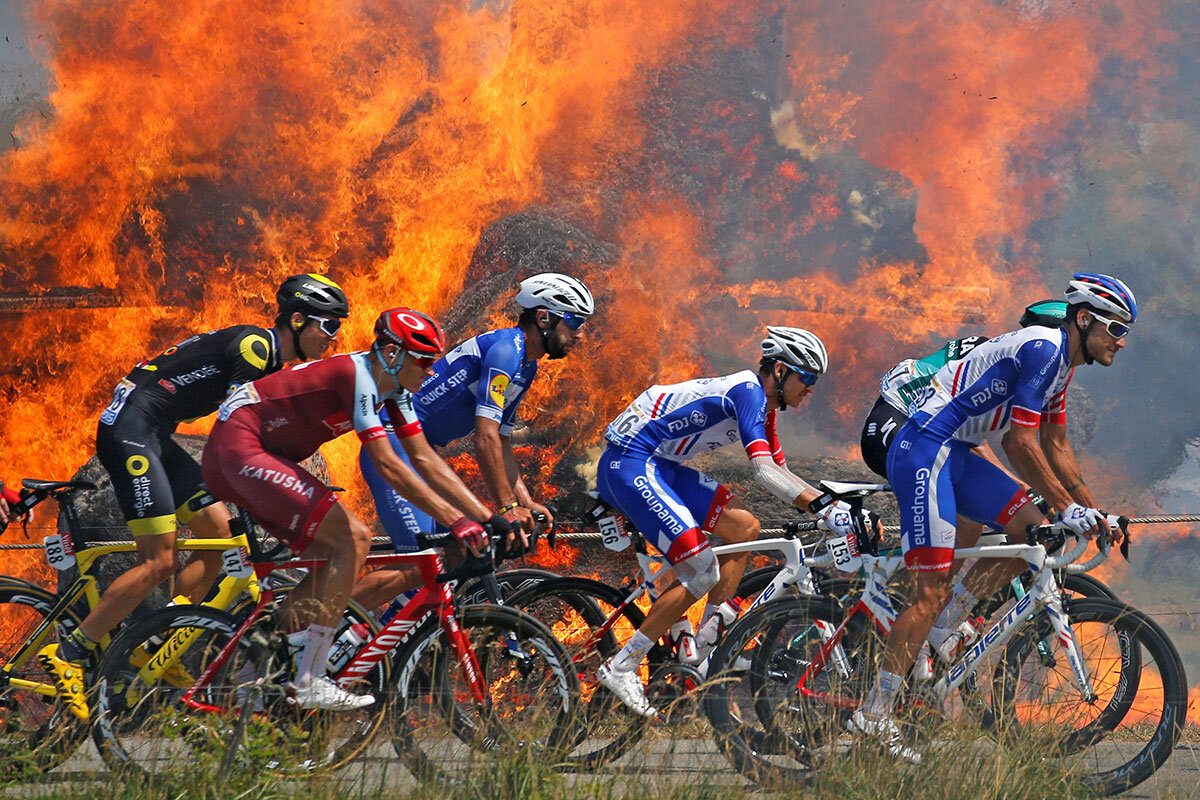While paid family leave remains stalled in D.C., states and companies have taken steps so that more American workers have time to bond with their newborns. A Rhode Island state senator her state’s law speaks to “the values of the state.... It sets the tone for workplace culture,” she says.
Monitor Daily Podcast
- Follow us:
- Apple Podcasts
- Spotify
- RSS Feed
- Download
 Yvonne Zipp
Yvonne Zipp
The phrase “shocks the nation” gets overused.
But two hate crimes, decades apart, sent out shock waves whose reverberations echo today.
The kidnapping, torture, and murder of Emmett Till – an African-American Chicago boy – in rural Mississippi became a catalyst for the civil rights movement. The images of his body, found badly beaten and tied with barbed wire to a cotton gin, ignited a nation. Two men were found innocent by an all-white jury. They later confessed their crime to a magazine but were not retried. Both are now dead.
On Thursday, The Associated Press reported that the Justice Department has reopened its investigation into the 1955 murder. Till’s family asked it to do so after a book came out in 2017 in which the woman who claimed the 14-year-old boy cat-called her and grabbed her by the waist admitted her story was “not true.”
“Nothing that boy did could ever justify what happened to him,” Carolyn Bryant Donham told research scholar Timothy Tyson.
This summer also marks the anniversary of another hate crime: Twenty years ago on a country road, James Byrd Jr. was walking home in Jasper, Texas. Three white supremacists chained him by his ankles to a truck and dragged him three miles to his death. The three were convicted of capital murder.
His family forgave his killers years ago but – as they told The New York Times – with hate crimes on the rise, they want to be sure Byrd is never forgotten. The Byrd Foundation for Racial Healing plans to open a museum in Jasper and create an oral history project.
“It’s not just about remembering the painful details of our brother’s death,” said his sister Louvon Harris. “It’s about keeping his memory alive so that this never happens again.”
Now for our five stories of the day, including a look at unintended consequences and confronting past wrongs.





